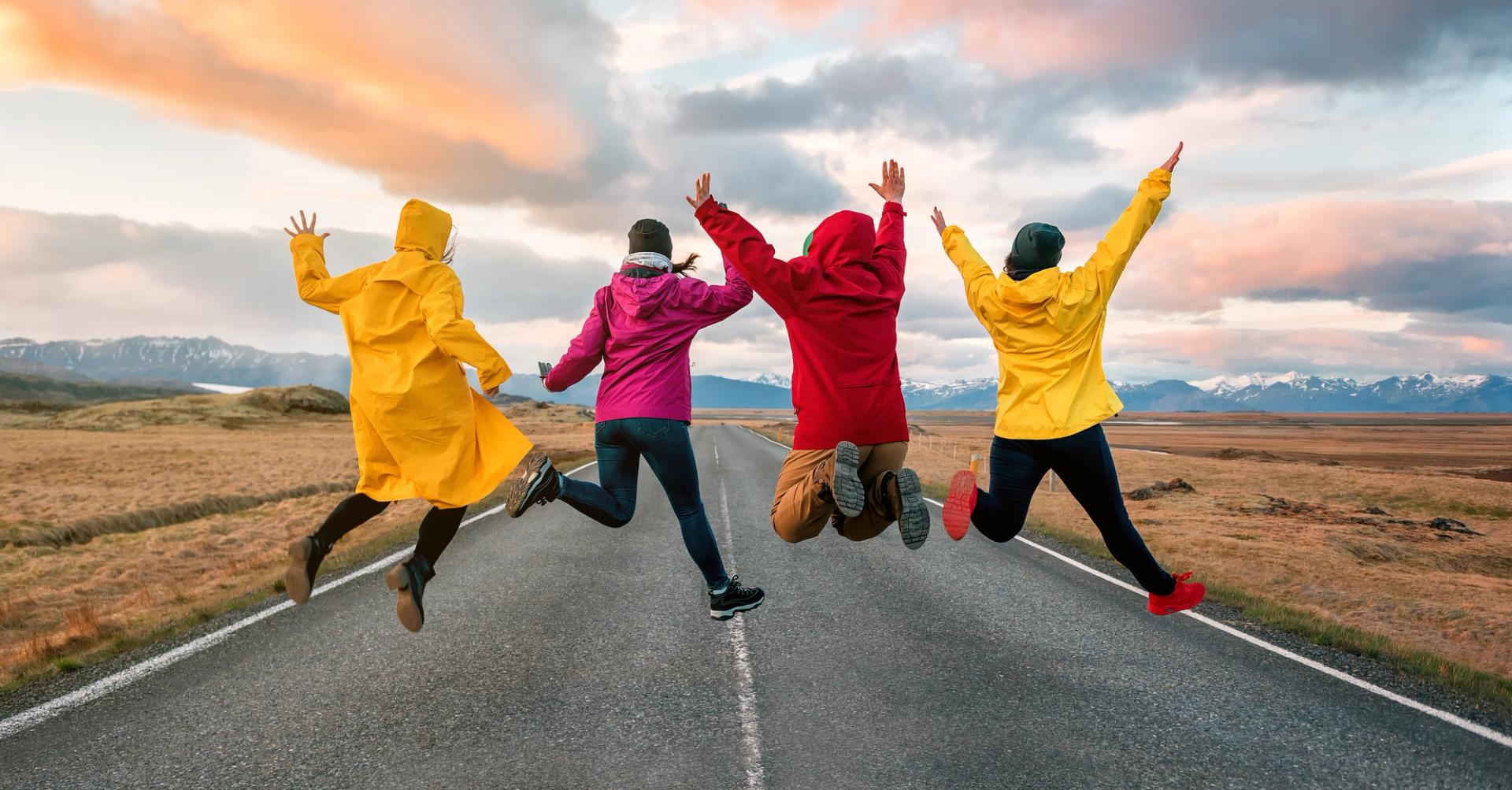 Icelandic Culture
Icelandic Culture15 Fun and Unusual Facts about Iceland
Iceland, known as the "Land of Fire and Ice," is a country that captivates travelers with its breathtaking landscapes, unique culture, and remarkable natural phenomena. From glaciers to volcanoes, midnight sun to Northern Lights, Iceland offers a treasure trove of experiences. In this article, we will explore twelve fun facts about Iceland that will pique your interest and perhaps inspire you to plan a visit to this extraordinary country.
Jump to chapter
- Babies Nap Outside
- No McDonald's
- The Land of No Mosquitoes
- Elf Beliefs
- Icelandic Phonebook
- A Cat in Every Home
- Beer Was Banned
- Most Peaceful Country
- 1 in 10 Icelanders Will Publish a Book
- Roundabouts Instead of Traffic Lights
- A Population Smaller Than a City
- Eco-friendliest country in the world.
- Icelanders treat their celebrities as ordinary citizens.
- Your name has to be approved.
- Icelandic Language
Babies Nap Outside
In many countries, leaving a baby outside in a pram might raise eyebrows, but in Iceland, it's a common sight. Many Icelandic parents believe that letting their babies nap outside in the fresh air, even in winter, promotes good health and better sleep. While this may seem extreme to some, it's a deeply rooted tradition that even the chilly Icelandic weather hasn't changed.
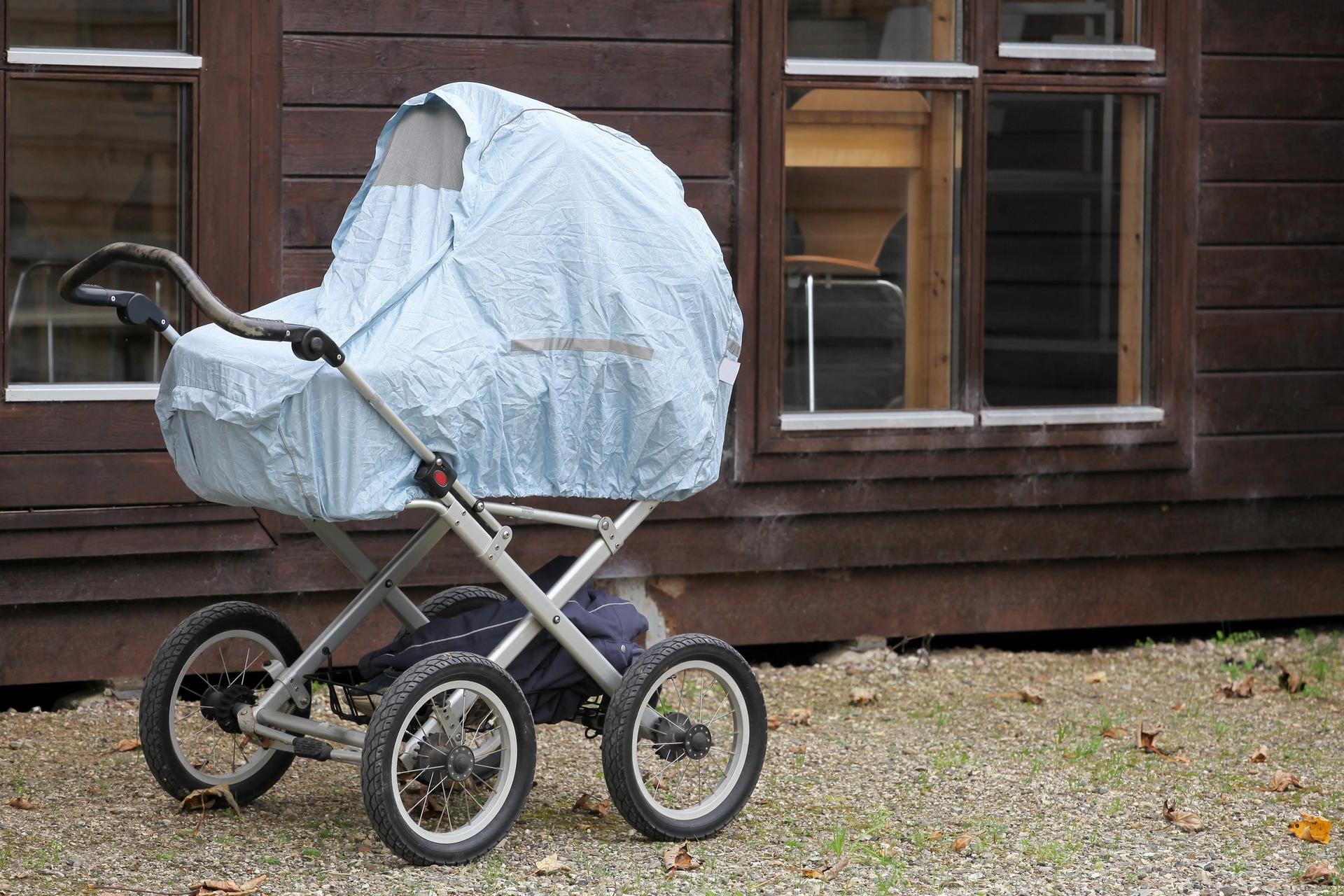
No McDonald's
Interestingly, Iceland is one of the few Western countries without a single McDonald's restaurant. The last one closed in 2009 due to the economic crash that made operations too expensive. The last burger and fries sold by McDonald's in Iceland have been preserved and are on display at the National Museum, offering an eerie testament to the fast-food giant's absence.
The Land of No Mosquitoes
While Iceland's climate can be challenging, one significant benefit is the complete absence of mosquitoes. The country's unique environmental conditions, particularly the combination of its volcanic landscape and cold temperatures, are not conducive to mosquitoes' life cycle, making it one of the few places in the world without these pests.
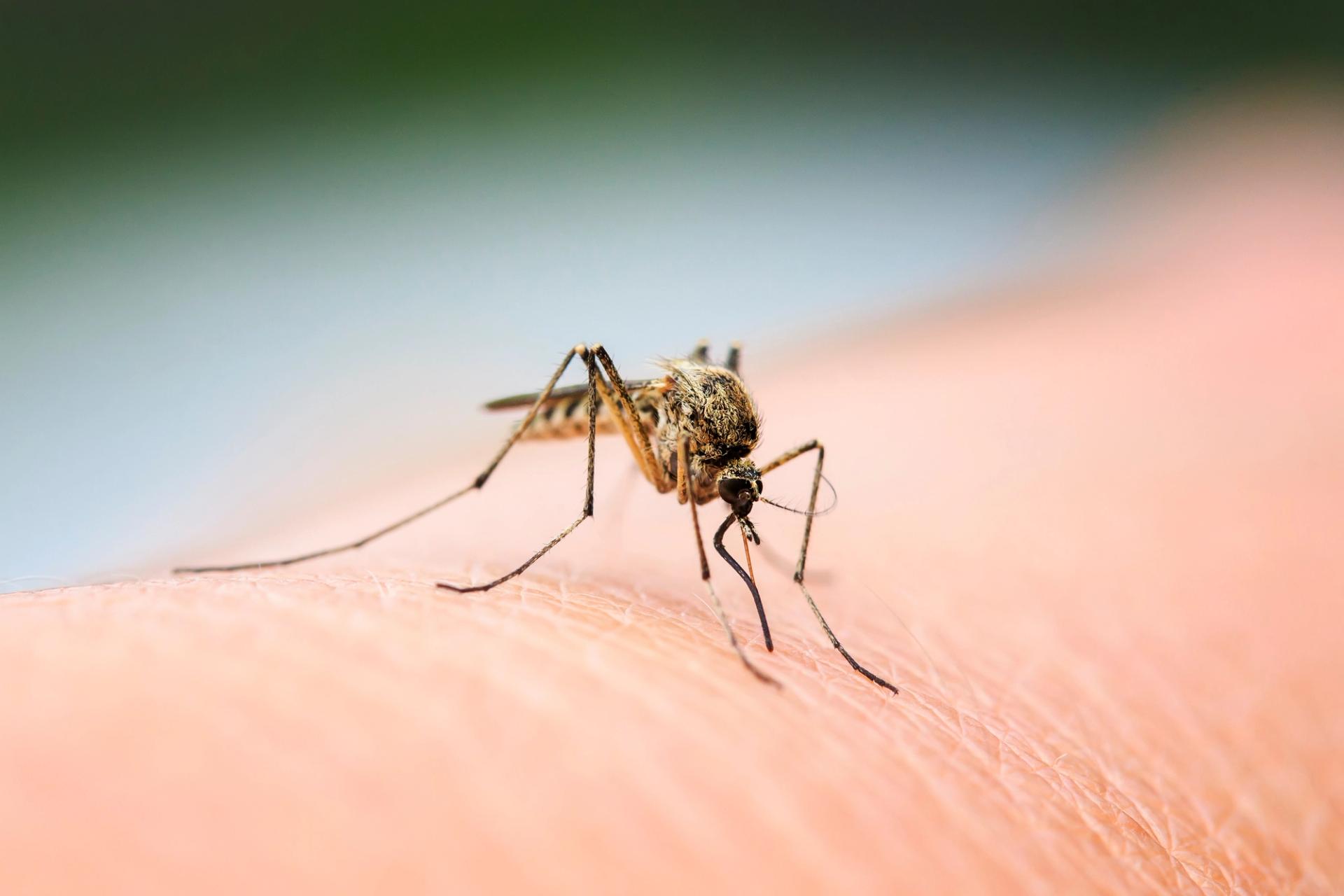
Elf Beliefs
In Iceland, folklore is interwoven into the cultural fabric, with some locals still believing in elves, trolls, and other mythical creatures. There's even an Elf School in Reykjavik, where enthusiasts can learn about Icelandic folklore and hear tales of encounters with these 'hidden people' that have been passed down through generations.
Icelandic Phonebook
In Iceland, the phonebook is organized by first names, not last. This is due to their unique naming system where people take their fathers' or mothers' first names, followed by "son" or "dóttir". So, the phonebook is sorted by first names, making it a unique practice worldwide.
A Cat in Every Home
Well, not quite every home, but it's said that you're never more than a few meters away from a cat in Reykjavík. Cats are very popular pets in the city, and they're given a good deal of freedom to roam around.
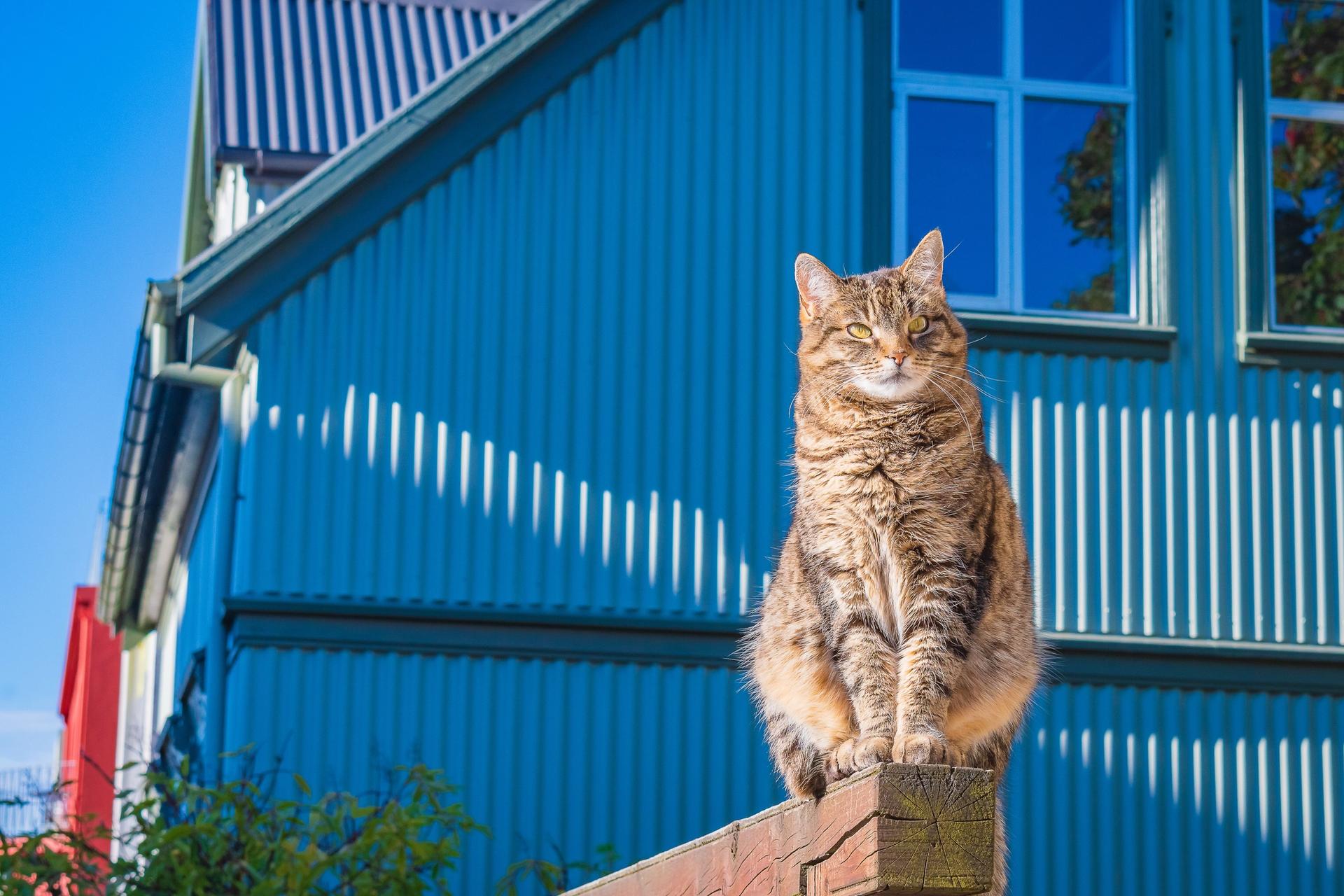
Beer Was Banned
One of the more peculiar aspects of Iceland's history revolves around beer. It was illegal in the country for much of the 20th century. While spirits were available, beer above 2.25% alcohol was banned from 1915 until the 1st of March 1989. The reason? It was associated with Denmark and seen as unpatriotic during the fight for Iceland's independence. In fact, March 1st is now celebrated annually as "Beer Day" in Iceland, commemorating the end of this unusual prohibition.
Most Peaceful Country
According to the Global Peace Index, Iceland repeatedly ranks as the most peaceful country in the world.
1 in 10 Icelanders Will Publish a Book
Icelanders are prolific when it comes to writing. It's estimated that one in ten people in Iceland will publish a book in their lifetime. This might be linked to the country's rich literary heritage, with storytelling deeply ingrained in Icelandic culture from the time of the ancient sagas — prose narratives that recount the heroic deeds of days gone by. This passion for stories, combined with long, dark winter nights that provide plenty of time to write, contributes to Iceland's vibrant literary scene. It's no surprise that Reykjavik was designated a UNESCO City of Literature in 2011.
Roundabouts Instead of Traffic Lights
Iceland prefers to use roundabouts instead of traffic lights, even on multi-lane roads. They believe it keeps traffic flowing more smoothly.
A Population Smaller Than a City
As of my knowledge cutoff in 2021, the entire population of Iceland was less than 370,000, making it smaller than many cities around the world. Despite the small population, the country has a robust cultural scene and an impressive number of accomplished authors, musicians, and filmmakers.
Eco-friendliest country in the world.
Iceland's commitment to sustainability is internationally recognized. The country generates 100% of its electricity from renewable sources, primarily through harnessing geothermal and hydroelectric power. This commitment reflects Iceland's profound respect for its environment and its pioneering role in sustainable living.
- 73% of electricity is from hydropower plants.
- 26% of electricity is from geothermal energy.

Icelanders treat their celebrities as ordinary citizens.
Because of the small population, famous Icelanders don't stand out. However, most Icelanders know each other, so it's not a big deal to come across Björk or the president at the city park.
Your name has to be approved.
Iceland uses the patronymic naming system. Patronymic means a person's name is based on their parent's name. No wonder Icelandic names end in -dóttir (daughter of) or -son (son of).
Your name must be approved by the naming committee. If the name you want to name your child is not on the approved list, you'll have to apply for permission and wait for the approval.
Icelandic Language
The Icelandic language is a fascinating aspect of the country's cultural heritage. It has remained so consistent over the centuries that modern Icelanders can still read ancient Viking sagas without too much difficulty. This linguistic continuity is a testament to the country's cultural preservation efforts.
In conclusion
these fifteen fun and unusual facts only scratch the surface of what makes Iceland so unique. From its fascinating customs to its strong sense of cultural identity, there's no denying that Iceland is a place of enchantment and wonder. So whether you're an aspiring author dreaming of joining the ranks of Iceland's many published writers, or simply intrigued by the idea of a society that values outdoor naps and has an enduring belief in elves, one thing's for sure - there's no place quite like Iceland. We hope this blog post has sparked your curiosity and inspired you to discover more about this remarkable country.
Latest Blog Posts
 Guides
GuidesThe 2022 Eruption of Fagradalsfjall Volcano - An Unforgettable Iceland Volcano Eruption
Iceland has become a top destination for mind-blowing mountain hikes, volcanic hot springs, and icy glaciers. Adventurers flock to the land of fire and ice to experience these thrilling opportunities! So it is no wonder why Iceland's volcanic eruptions attract visitors from all over the world!
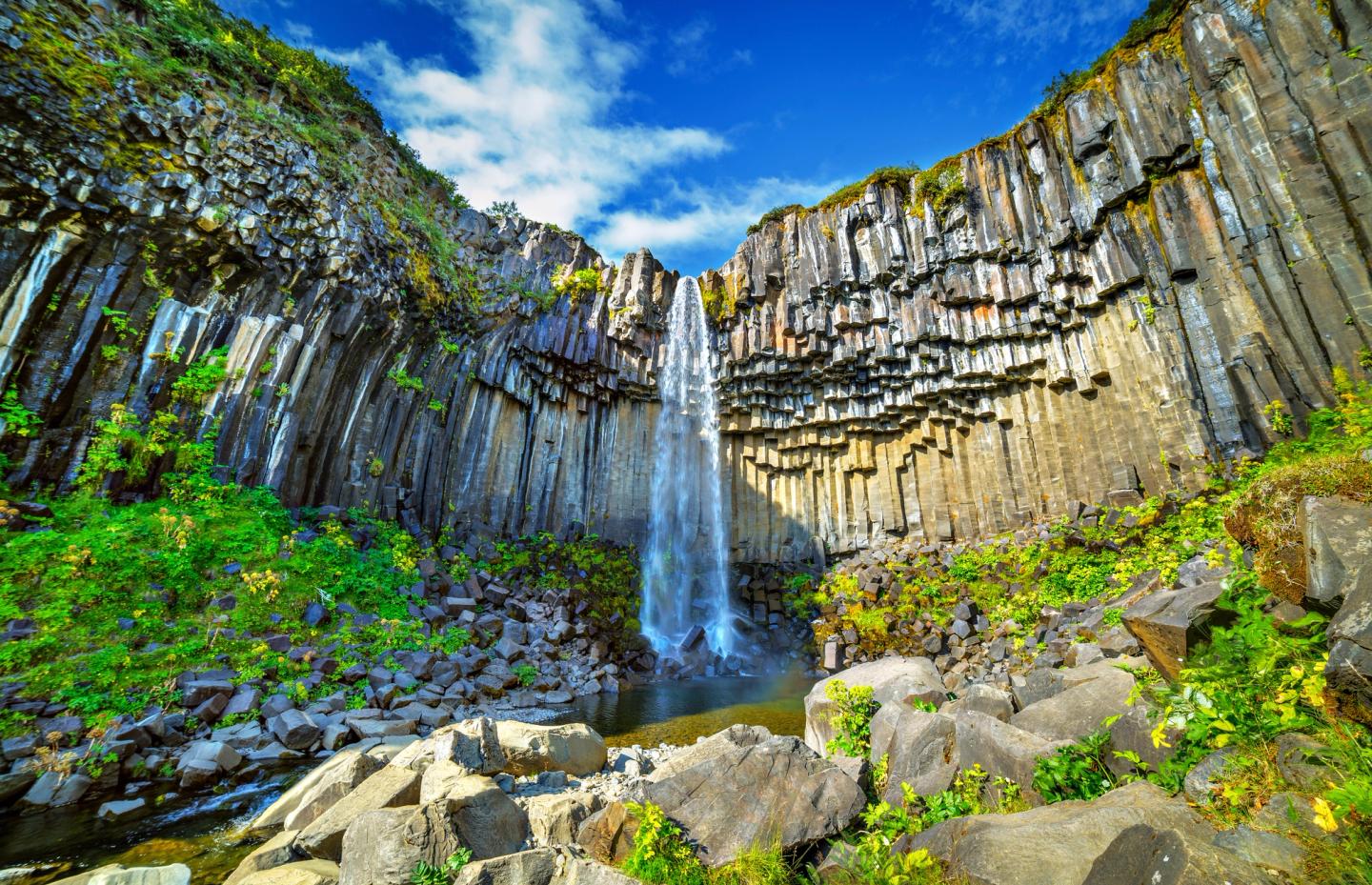 Waterfalls
WaterfallsGuide to Svartifoss Waterfall in Iceland
Svartifoss, or the 'Black Waterfall', is an exquisite natural wonder tucked away in the Vatnajökull National Park of Iceland. Known for its distinctive basalt columns and cascading water, this waterfall is a must-see for nature lovers and travelers.
 Itineraries
ItinerariesTop 11 Must-Visit Volcanic Sites in Iceland
Iceland has over 130 volcanoes located throughout the country, with 30 of them still active today. Some of them are famous for recent volcanic eruptions, while others have not erupted in thousands of years. There are so many notable Iceland volcanoes, it is hard to know which ones you can visit. With the nickname of The Land of Fire and Ice, you know you won’t be disappointed when it comes to Iceland's volcanic sites. Here are our top 11 must-visit volcanic sites in Iceland!